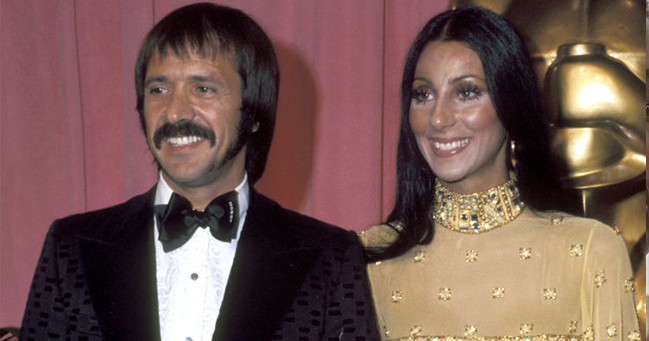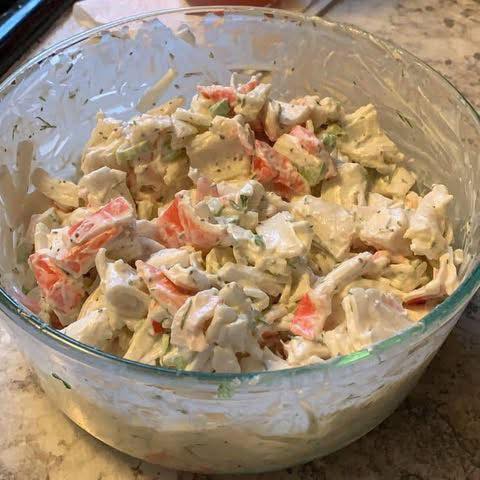A 108-year-old woman has said the secret to longevity is to have dogs rather than children.
Ada Daniel, who recently celebrated her 108th birthday, used to own greyhounds in her younger years, and credits her canines with keeping her young.
She now resides in Codnor Park care home in Derbyshire, UK, where she has lived since 2015. She received a very special birthday surprise last week after the care home launched an appeal for people to send 108 birthday cards to her.
Kelly Goucher, activity co-ordinator at Ashmere, which runs Codnor Park care home told the BBC: “Ada hasn’t got a lot of family left. She never had any children so she doesn’t have any grandchildren so we just wanted to get her as many cards as possible. She quite likes that people know about her because of her age.
“She had a lot of greyhounds. She lived on Street Lane in Ripley and all of her greyhounds were also called Street Lane. She’s definitely a character. I did ask her what her secret was once and she said it was to have dogs, not kids.”
Goucher also said Ada had been discussing her birthday “since the beginning of April” and was excited to finally celebrate the special day.
Back in 2020, Daniel received 200 birthday cards after an appeal for her 105th birthday.
While Daniel believes her four-legged furry pets have kept her alive for more than a century, another centenarian said her secret to longevity was a daily shot of coffee liqueur.
Per NIH, your chances of living longer drastically improve if you eat well, work out regularly, get enough sleep, and refrain from unhealthy habits such as smoking.
In the US, people can expect to live to an average age of about 79. Just a century ago, the life expectancy was nearer 54.
“If I had to rank behaviors in terms of priority, I’d say that exercise is the most important thing associated with living longer and healthier,” says Dr. Luigi Ferrucci, an NIH geriatrician who oversees research on aging and health. “Exercise is especially important for lengthening active life expectancy, which is life without disease and without physical and mental/thinking disability.”


